
The wait is almost over! Your guide to the 47th annual Festival of India (Ratha-Yatra) is below:
ParadeToronto’s 47th Annual Festival of India will launch with a spectacular parade that will cruise down Yonge Street, beginning at Yonge & Bloor, and make its way down to the lake. During the parade, three ornate, 40-foot tall floats will be hand-pulled by participants amidst ecstatic singing, drumming, and dancing creating a wondrous, carnival-like atmosphere. Parade participants and spectators are encouraged to join in the excitement by singing and chanting along to the world-famous Hare Krishna mantra:
Hare Krishna, Hare Krishna, Krishna Krishna, Hare Hare;
Hare Rama, Hare Rama, Rama Rama, Hare HareFor 47 years, this annual parade has brought the splendour and tradition of India’s spiritual roots to Yonge Street, generating a vibe like no other summer event in the Greater Toronto Area.
Parade Information:
Date & Time: Saturday July 13th 2019 – 11:00 am to 2:00pm
Transit: TTC Bloor Subway Station
Parade is only on Saturday, July 13th and begins at 11am at Yonge and Asquith (north of Yonge and Bloor near the Toronto Reference Library). The closest TTC subway station is Yonge/Bloor station. The parade goes down Yonge street and ends at Queens Quay and Freeland St.
Click here for the Parade route in Google Maps Centre IslandFree Vegetarian Feast
The highlight of the Festival of India has to be the sumptuous free vegetarian feast, which will present the flavours, spices and colours of the East to festival attendees. Vegan options will be available.
Arts & Culture
The centrepiece of the festival site is a beautiful and soul-riveting programme of devotional music and dramatic dance from the ancient subcontinent. Be sure not to miss the massive closing kirtans on both days!
Bazaar
Presenting a fun-filled marketplace with arts, crafts, jewellery and much more, our Bazaar will present plenty of excitement for the avid shopper!
Kids Zone
Our family-friendly festival would not be complete without an area dedicated to our young ones! Arts and crafts, yoga, magic show and several activities to keep them busy all day!
Non-Stop Kirtan
Come experience the power of devotional chanting, or kirtan! Kirtan has roots that go back over 500 years to India and is a form of Bhakti yoga (the yoga of devotion) and has the power to open the heart. Non-stop kirtans wlll be featured at the festival and will close out the main stage program on each day!
Ask, Discover, Explore
Time to delve deep and ask, discover and explore the spiritual side of this ancient philosophy. Some very practical topics will be presented by our seasoned Bhakti practitioners at our Spiritual Seminars and Q&A tents.
The festival is open to and free for the all. With its diverse assortment of celebrations and activities, Festival of India at Centre Island is sure to offer something for everyone!
Although the festival itself is free, you still need to buy the ferry tickets to get onto the Centre Island. You can purchase your tickets now through the City of Toronto’s online ticketing system using the button below to avoid any delays at the ferry docks on the day of the festival.
Purchase Ferry Tickets now!
 Parasuram dasa: The Glastonbury Festival is the Kumba Mela of music festivals. 250,000 young people come to experience something different and unique. Sandi Pani Krishna Prabhu teaches the fine art of Mantra Meditation. Enjoy the movie
Parasuram dasa: The Glastonbury Festival is the Kumba Mela of music festivals. 250,000 young people come to experience something different and unique. Sandi Pani Krishna Prabhu teaches the fine art of Mantra Meditation. Enjoy the movie  Parasuram dasa: The Glastonbury Festival is the Kumba Mela of music festivals. 250,000 young people come to experience something different and unique. Sandi Pani Krishna Prabhu teaches the fine art of Mantra Meditation. Enjoy the movie
Parasuram dasa: The Glastonbury Festival is the Kumba Mela of music festivals. 250,000 young people come to experience something different and unique. Sandi Pani Krishna Prabhu teaches the fine art of Mantra Meditation. Enjoy the movie  In view of the recent passing of several senior Vaisnavas with more expected in coming years we thought it appropriate to post this text regarding how to properly observe Sraddha according to Gaudiya Vaisnava Siddhanta
In view of the recent passing of several senior Vaisnavas with more expected in coming years we thought it appropriate to post this text regarding how to properly observe Sraddha according to Gaudiya Vaisnava Siddhanta 







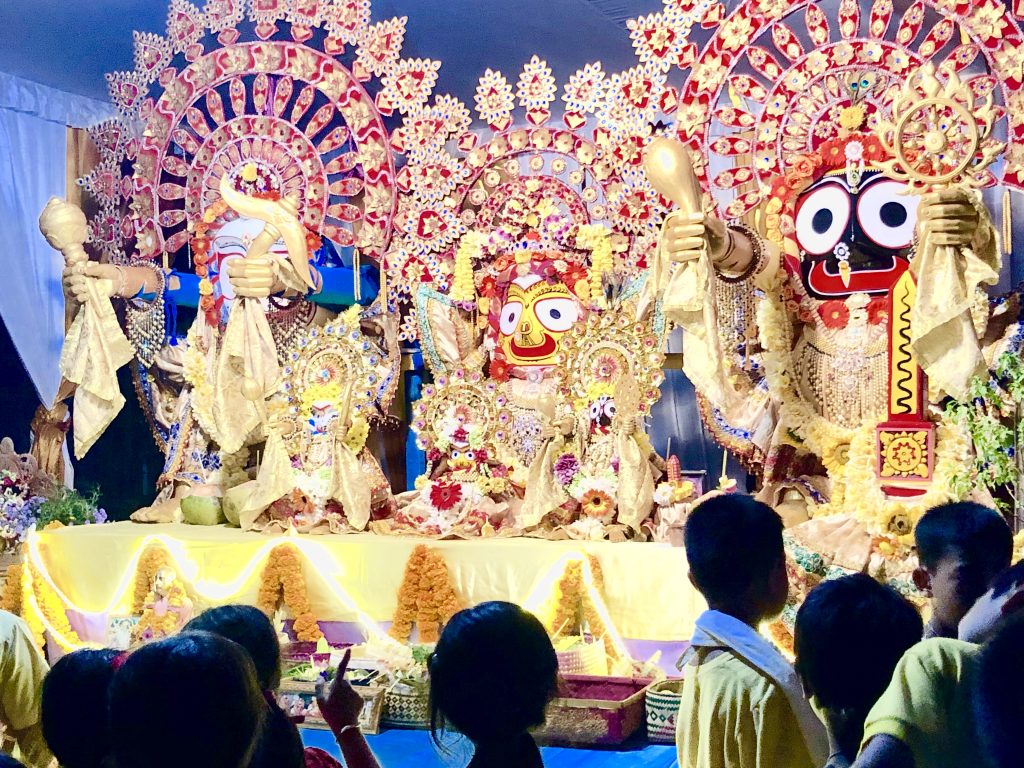
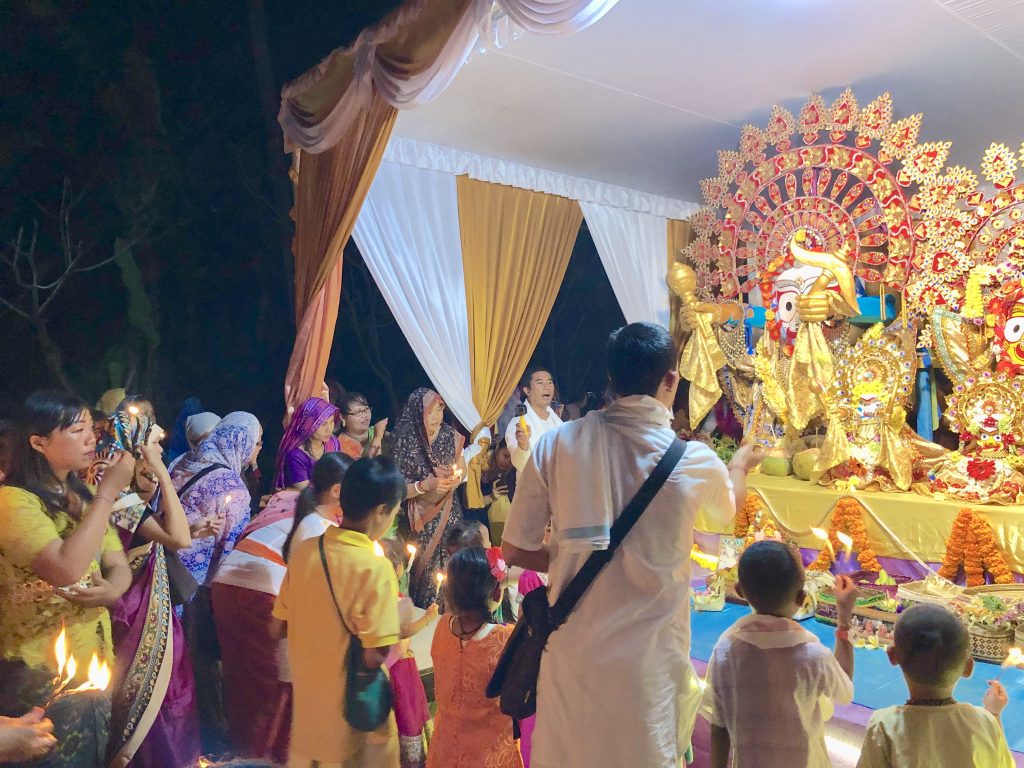
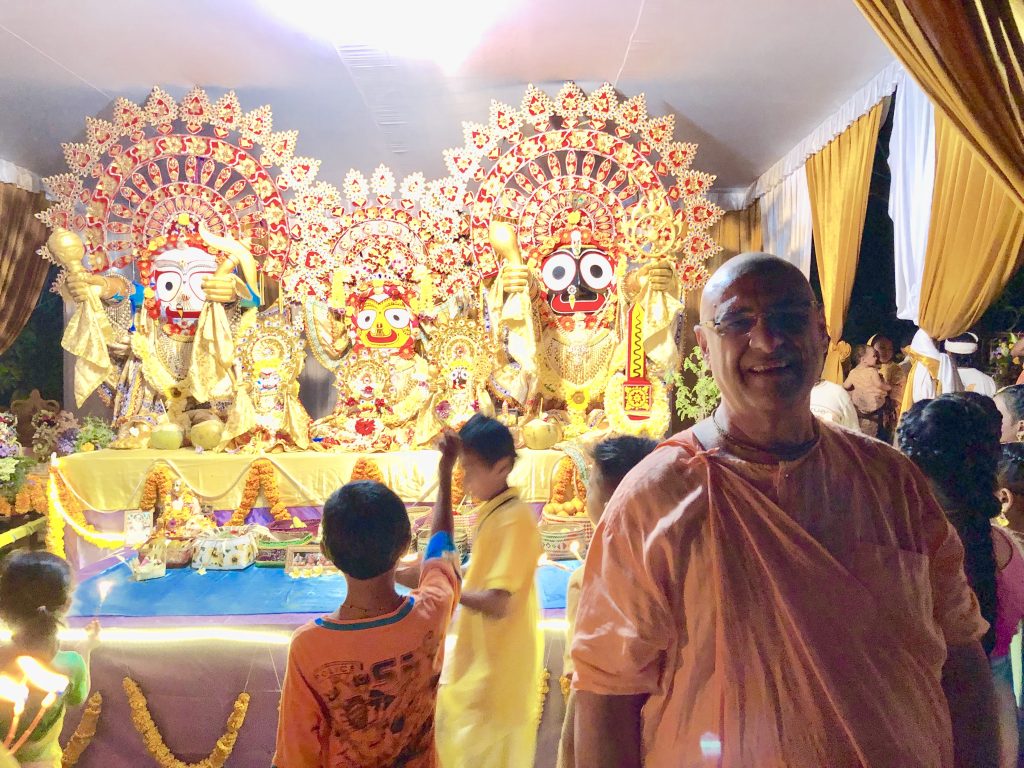
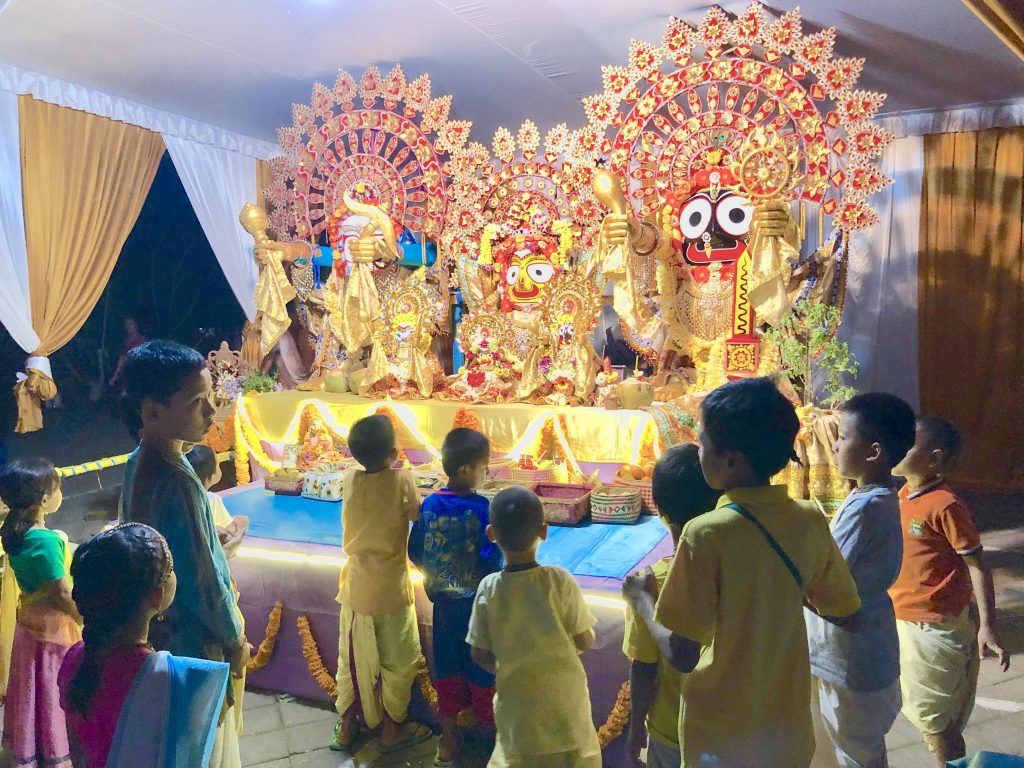


 Kamika Ekadasi
Kamika Ekadasi Vedic Education & Learning For Grownups
Vedic Education & Learning For Grownups Adult Education At The Temple
Adult Education At The Temple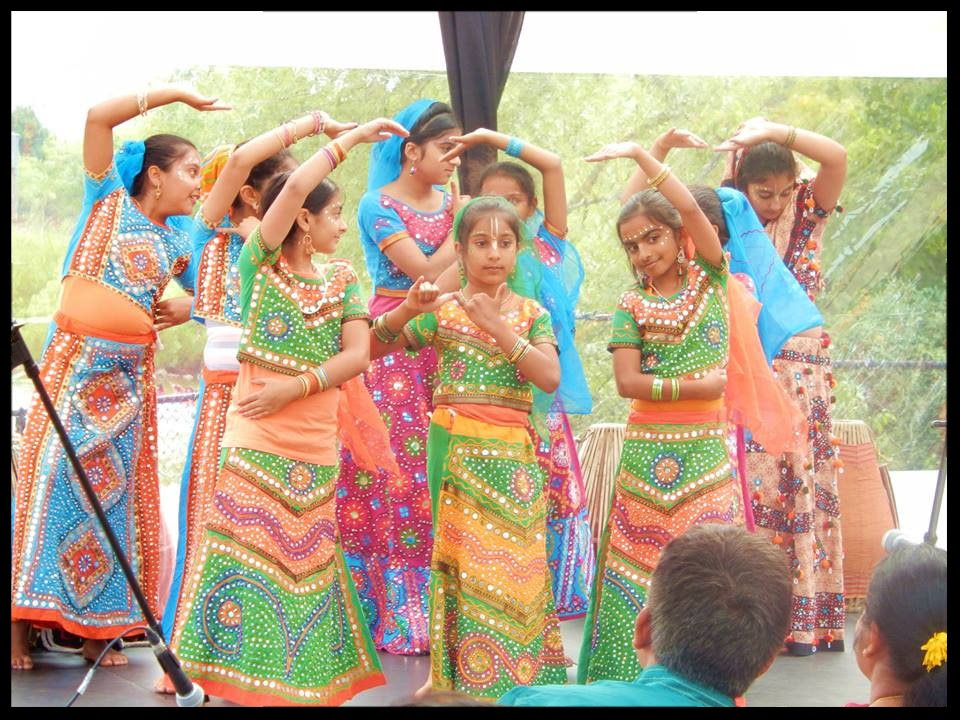

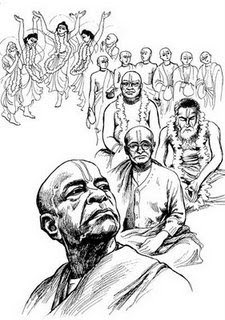



 By Times of India
By Times of India



 By Bhakti-lata Dasi
By Bhakti-lata Dasi
 By Padmapani das
By Padmapani das









